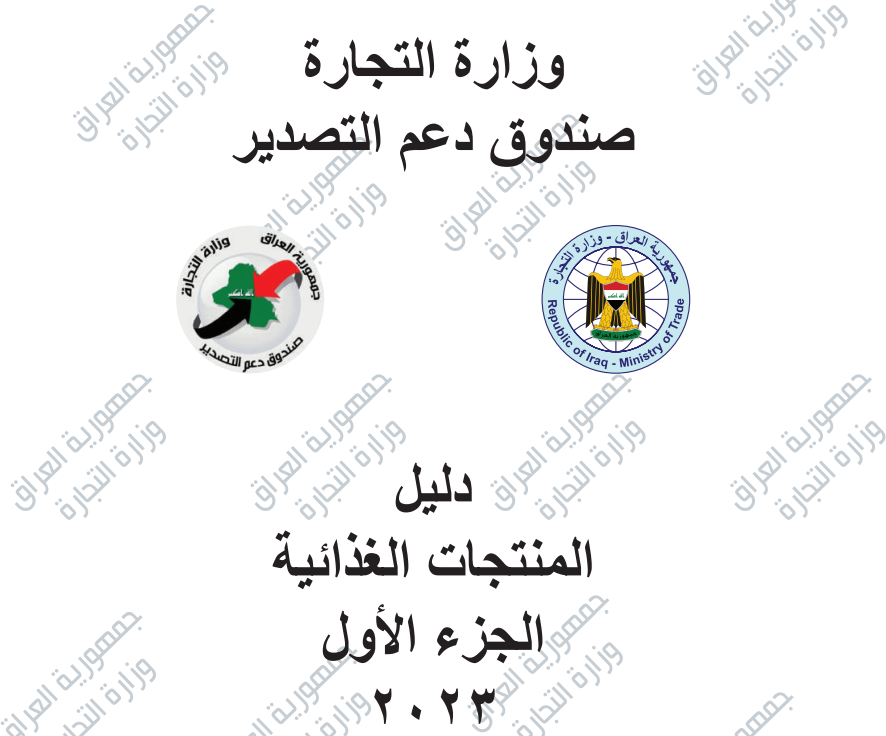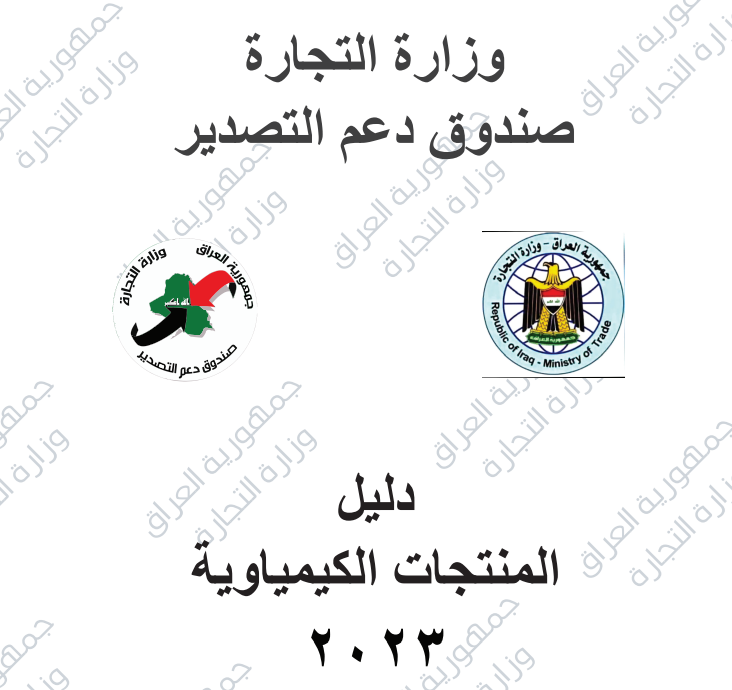- Investment opportunities
- Legal Guide to Investment
- Iraqi Investment Law
- Iraqi Tax Law
- Iraq Business Directory
- Governmental Entities
- Doing Business in Iraq
Why to Invest in Iraq
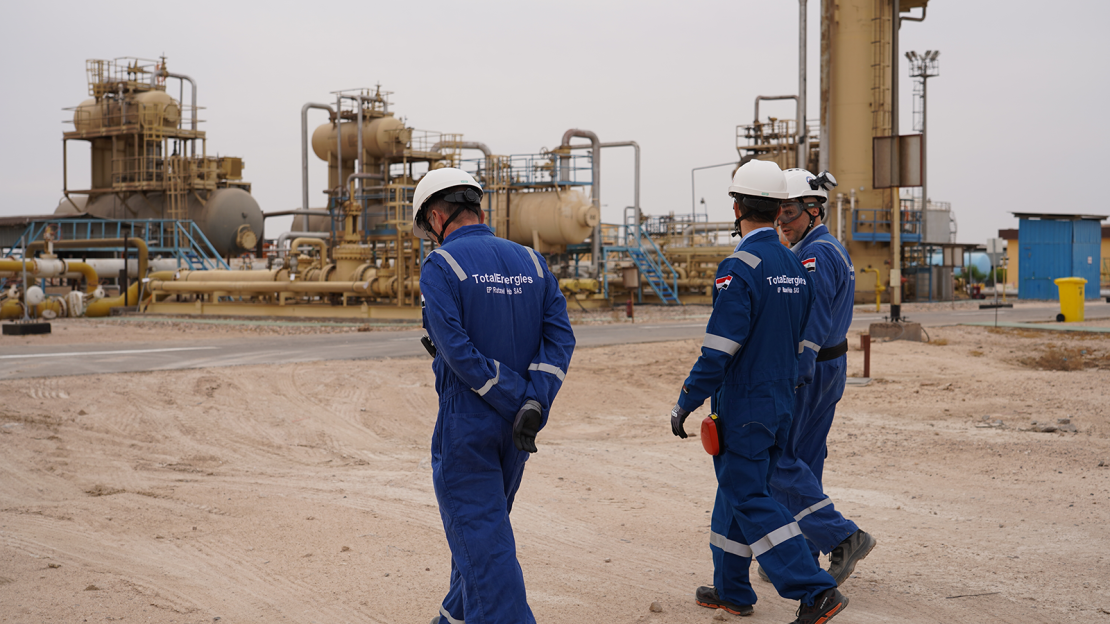
How to Invest in Iraq – A Guide for the Iraqi-French Business Community
1. Why Invest in Iraq?
- A Rapidly Emerging Market: With over 45 million people, Iraq offers a large consumer base and significant demand for infrastructure and basic services.
- Government-Backed Economic Diversification: The newly launched Iraq Development Fund (IDF), established in August 2023, aims to support large-scale projects in energy, agriculture, water, and transportation. It has already attracted more than $7 billion in foreign and domestic investment.
2. Key Investment Sectors
- Energy & Infrastructure: Iraq is partnering with global energy companies such as TotalEnergies, which is currently executing the GGIP – an integrated multi-energy project involving gas production, solar energy, and seawater treatment worth up to $27 billion.
- Agriculture & Tourism: Iraq holds vast arable lands and a favorable climate. The country also hosts world-class archaeological sites such as Babylon, Ur, Nineveh, and Najaf, offering untapped tourism potential.
- Manufacturing & Services: Iraq is encouraging investments in pharmaceutical production, food processing, logistics, and transportation, with industrial zones and free trade areas such as Basra and Al-Faw offering tax and customs incentives.
3. Legal & Tax Framework
- Investment Law No. 13 (2006) offers tax holidays of up to 10 years, guarantees for profit repatriation, and exemptions from import duties on equipment and raw materials.
- Legal Setup: Foreign investors may establish a local company, open a branch, or partner with Iraqi entities. Requirements include registration with the National Investment Commission (NIC), a local bank account, and legal representation.
- Taxation:
- Corporate income tax: 15%
- Personal income tax: 3% to 15%
- Withholding tax on foreign services: 15%
4. How to Start Investing
- Submit an investment application via the National Investment Commission (NIC)
- Choose the appropriate legal structure (LLC, Branch, Joint Venture)
- Open a local bank account and deposit the minimum capital
- Obtain sector-specific approvals and licensing
- Apply for financial support from the Iraq Development Fund
5. Success Factors
- Work with a trusted local legal and financial partner
- Focus on long-term, sustainable projects with social and economic impact
- Leverage government support mechanisms like NIC and IDF
- Monitor regulatory changes and upcoming reforms, particularly post-election developments
📎 Useful Links & Resources
| Topic | Link |
| National Investment Commission | https://investpromo.gov.iq/ |
| Iraq Development Fund (IDF) | https://ifd.gov.iq/en |
| TotalEnergies Iraq | https://totalenergies.com/iraq |
| GGIP Energy Project in Iraq |
https://totalenergies.com/company/projects/gas/ggip-multi-energy-project-Irak
https://ur.gov.iq/index/org-service/10025 |
📞 Need Assistance?
The French –Iraqi Business Council offers full advisory services for foreign investors entering Iraq. We provide legal guidance, feasibility studies, and direct introductions to public institutions and local partners.
✉️ Contact us via email or our website’s inquiry form.
Legal Guide to Investment in Iraq
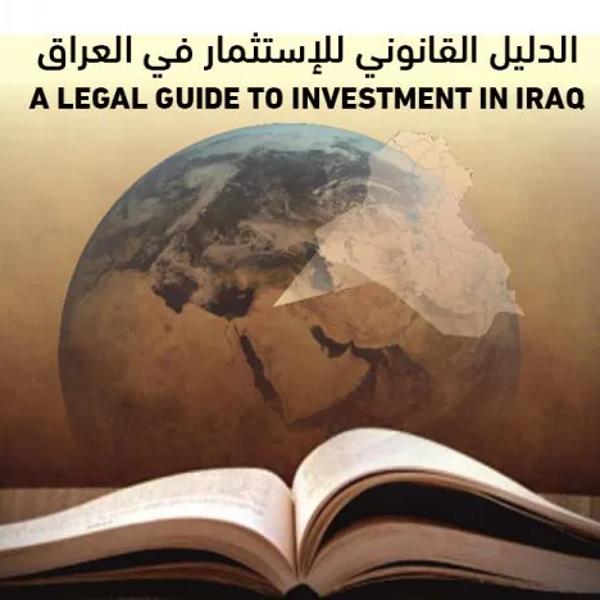
This guide provides a comprehensive overview of the legal framework governing foreign and domestic investment in Iraq. It highlights the key laws, procedures, and institutional support mechanisms that facilitate investment, with a focus on recent reforms and incentives aimed at creating a more transparent, secure, and investor-friendly environment. Whether you are exploring opportunities in infrastructure, energy, industry, or services, this guide serves as a practical resource to help navigate the legal landscape and make informed business decisions in Iraq.
Iraqi Investment Law
Iraq’s Investment Law No. 13 of 2006, along with its key amendments under Law No. 2 of 2010 and Law No. 50 of 2015, represents a major step toward building a modern and open investment environment. These laws were designed to reduce barriers for investors and offer tangible incentives such as tax holidays, full foreign ownership in certain sectors, and streamlined approval processes. The amendments introduced greater legal clarity, expanded investor rights—including land ownership for specific projects—and reinforced Iraq’s intent to position the private sector as a central force in economic development. Together, these legal reforms signal Iraq’s readiness to welcome strategic and long-term investments.
Overview of Income Tax and Tax Law in Iraq
Iraqi Tax Law
Iraq’s tax system is primarily governed by Income Tax Law No. 113 of 1982, which has undergone several amendments to reflect economic developments and business practices. This law provides a comprehensive framework for taxing both individuals and corporations operating in Iraq.
Main Types of Taxes in Iraq
1. Corporate Income Tax
- A flat 15% tax rate is applied on net profits for both local and foreign companies operating in Iraq.
- Oil and gas companies are subject to special tax rates depending on the terms of their contracts with the Iraqi government.
2. Personal Income Tax
- Progressive tax rates range from 3% to 15%, based on income levels.
- Family allowances and certain categories of income may be partially or fully exempt from taxation.
3. Withholding Tax
- A 15% withholding tax applies to payments made to foreign companies providing services in Iraq without a registered local entity.
- This includes services such as technical consulting, engineering, and indirect supply of goods.
Important Notes for Investors
- Iraq has signed Double Taxation Avoidance Agreements (DTAAs) with several countries, including France, to help reduce tax burdens on cross-border investments.
- Investment projects licensed by the National Investment Commission (NIC) may benefit from tax exemptions for up to 10 years.
- Investors are strongly advised to work with a certified local tax advisor to ensure proper compliance, benefit from legal incentives, and stay updated on legislative changes.
📞 Need More Information?
For further assistance regarding taxes and doing business in Iraq, please contact the Iraqi-French Business Council through our official website.
🔗 Useful Links
| Description | Link |
| General Commission for Taxes (الهيئة العامة للضرائب) | https://tax.mof.gov.iq |
| Ministry of Finance – Iraq | https://mof.gov.iq/Pages/MainMOF.aspx |
| National Investment Commission (NIC) | https://investpromo.gov.iq/en/ |
These guides, compily essential information about Iraqi factories and companies.
Its purpose is to bolster exporting activities in Iraq and offer export support to both Iraqi and non-Iraqi investors, whether they are located within or outside of Iraq. The guide aims to furnish all necessary information regarding goods and products manufactured in Iraq. It includes details on factories and manufacturing units of all sizes—large, medium, and small—to make this information accessible to the targeted investor and exporter groups. This facilitates easier access to Iraqi products, thereby saving time, effort, and resources in the search for and procurement of Iraqi goods intended for export.
Iraqi Goods Structure
Foreign trade is a key pillar of the national economy, acting as a bridge for economic interaction between countries and supporting sustainable development. The structure of exports and imports reflects the nature, diversity, and productivity of a country’s economy, showing its ability to meet local needs and its position in global markets.
Iraqi Export Directory
Iraq, with its deep-rooted civilization, has aligned its industrial and technological development with modern global trends. The Ministry of Trade, in cooperation with other institutions, has emphasized supporting exports by gathering key data on Iraqi products and companies. This aims to improve Iraq’s presence in international markets and encourage economic diversification.
Iraqi Industrial Directory for Food Products
Industry plays a vital role in building Iraq’s economic foundation by meeting societal needs and enhancing self-sufficiency. This directory offers detailed information on Iraqi industrial companies and factories, especially in the food sector, to support local products and promote exports. It aims to boost economic diversification, improve product quality, and help investors and exporters access reliable data for decision-making. The guide also supports connecting industrial producers with markets, enhancing competitiveness, and encouraging investment in the local industry.
PDF View Links
Iraqi Industrial Directory for Construction Products
Industry is one of the most vital economic sectors contributing to the foundation of a country’s economy. It plays a key role in meeting the essential needs of society and achieving the highest possible level of self-sufficiency. Based on this principle, this directory has been prepared as a comprehensive reference for Iraqi products, offering detailed information on factories, manufacturers, and companies operating within the industrial sector.
If you need more information or services related to the business in Iraq, you can call us directly.
Iraq: Where Sumerians first etched history into clay
iraq Governmental Entities
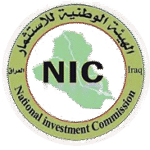
National Investment Commission
French Entities
Doing Business in Iraq: Opportunities and Realities

Although doing business in Iraq has its own set of unique and dynamic challenges, the economic potential of Iraq is enormous.
The World Bank’s Ease of Doing Business report and Transparency International’s Corruption Perceptions Index regularly place Iraq toward the bottom of their rankings.
Nevertheless, Iraq is considered to be one of the world’s wealthiest nations, brimming with long-term potential.
Despite the military victory against the Islamic State, terrorism still affects daily life for many Iraqis. Coupled with bureaucracy, weak governance, and the inconsistent interpretation and enforcement of regulations, Iraq may appear daunting to risk-averse investors.
Commercial laws remain outdated and are often misaligned with Western standards, particularly when it comes to contract formation and enforcement.
Iraq is potentially one of the world’s richest countries, thanks to its vast hydrocarbon reserves, large population, and predominantly young demographic.
Legal and Technical Progress
On paper, Iraq has made notable legal and technical progress since 2003. Between 2004 and 2008, Iraq passed around 30 economic and business-related laws, covering areas such as:
-
-
- Financial institutions
-
- Foreign investment
-
- Intellectual property
-
- Telecommunications
- Tax reform
-
Notably, Iraq is among the very few countries in the Middle East that impose virtually no restrictions on foreign investment across most sectors.
Still, more must be done to modernize Iraq’s economy. There is an urgent need for a new, comprehensive legal framework across oil, gas, power, and telecommunications. As expected, any major reform depends on political will—often hindered by political instability in Baghdad, leaving many draft laws unreviewed.
Open for Business
The good news is that Iraq remains open for business, with a generally positive attitude toward Western investors.
Senior Iraqi officials frequently tell the Iraqi-French Business Council:
“We want Western businesses to come. The door is open.”
In addition to Iraq’s vast proven oil reserves, the country’s gas industry is gradually developing and expected to generate significant future revenue. Moreover, Iraq has yet to begin large-scale exploitation of its mineral wealth—gold, platinum, and other valuable resources lie beneath its deserts and mountains.
Power Sector
In the power sector, major projects are being developed with the involvement of leading French companies such as TotalEnergies, which has signed multi-billion dollar agreements in Iraq’s oil and gas sector, and Engie, which is exploring opportunities in power generation and energy infrastructure.
Untapped Opportunities
Investment opportunities exist—and will continue to grow—in nearly every sector, including:
-
-
- Manufacturing
-
- IT and telecommunications
-
- Agriculture
-
- Retail
-
- Healthcare
-
- Education
-
- Construction
- Banking and professional services
-
The Kurdistan Region of Iraq
The Kurdistan Region is a semi-autonomous part of Iraq, with its own government (the Kurdistan Regional Government – KRG), institutions, and judicial system.
Federal Iraqi laws generally apply unless they are specifically amended or replaced by the Kurdistan Parliament. There are also notable differences in how laws are implemented between the Kurdistan Region and Federal Iraq.
More information can be found at:
🔗 www.krg.org
🔗 www.kurdistaninvestment.org
Strategic Investment in Reconstruction
With its abundant natural resources, both the Federal Government of Iraq and the Kurdistan Regional Government are investing billions in reconstruction—the scale of which is arguably unprecedented in modern history.
Current and planned investments include:
-
-
- Rebuilding the oil and gas infrastructure
-
- Laying thousands of kilometers of new pipelines
-
- Constructing state-of-the-art export terminals
-
- Developing millions of housing units, schools, hospitals, power stations
- Expanding roads, railways, sewage systems, and ports
-
Iraq deeply values Western expertise, which creates substantial opportunities for companies with the right level of resilience and long-term vision. However, Iraq is not a destination for short-term profit seekers. As one senior executive put it:
“Iraq is definitely a long-haul destination.”



